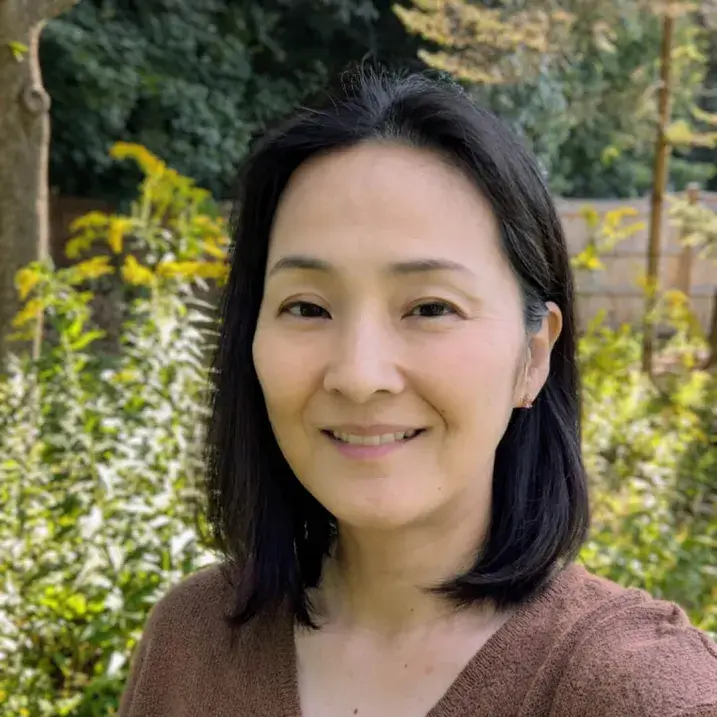Areas of expertise
Sociology of food and agriculture, Sustainability governance, Supply chain management, Political economy, and Sustainability advocacy.
BIO
Dr. Maki Hatanaka is a sociologist whose research explores the evolving landscape of sustainability governance and supply chain management, with a focus on their impacts on agrifood producers, communities, and ecosystems. Her work critically examines non-state governance mechanisms and their potential to advance environmental, social, and economic sustainability.
Central to Dr. Hatanaka’s scholarship is an inquiry into the intersections of science and politics, democratic participation, and epistemology—particularly the role of experiential and non-expert knowledge in shaping food governance.
Her research spans diverse geographical contexts, including Indonesia, Japan, and the United States. She has investigated topics such as organic certification, sustainability metrics in agriculture, governance in fisheries and aquaculture, consumer cooperative movements, and the implications of Big Data and AI for food systems. Dr. Hatanaka has contributed to numerous multidisciplinary research teams funded by agencies such as USDA, USAID, and NSF.
Dr. Hatanaka teaches courses on food and society, social change and development, and sustainability. She is also an active member of the academic community, serving on the editorial boards of Rural Sociology and the International Journal of Sociology of Agriculture and Food.
Publications
Bio
Dr. Maki Hatanaka is a sociologist whose research explores the evolving landscape of sustainability governance and supply chain management, with a focus on their impacts on agrifood producers, communities, and ecosystems. Her work critically examines non-state governance mechanisms and their potential to advance environmental, social, and economic sustainability.
Central to Dr. Hatanaka’s scholarship is an inquiry into the intersections of science and politics, democratic participation, and epistemology—particularly the role of experiential and non-expert knowledge in shaping food governance.
Her research spans diverse geographical contexts, including Indonesia, Japan, and the United States. She has investigated topics such as organic certification, sustainability metrics in agriculture, governance in fisheries and aquaculture, consumer cooperative movements, and the implications of Big Data and AI for food systems. Dr. Hatanaka has contributed to numerous multidisciplinary research teams funded by agencies such as USDA, USAID, and NSF.
Dr. Hatanaka teaches courses on food and society, social change and development, and sustainability. She is also an active member of the academic community, serving on the editorial boards of Rural Sociology and the International Journal of Sociology of Agriculture and Food.
